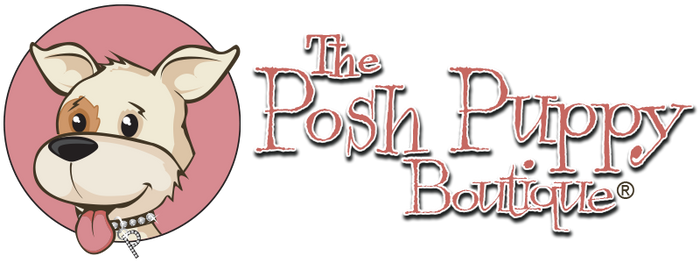Sleeping Dogs
Sleeping Dogs
If you’ve ever watched your dog sleep – and if your dog is like most dogs and takes a lot of naps, you have had plenty of chances to watch it sleep – you’ve probably seen it move its feet or its jaws, as if it were running or chewing. And you’ve probably assumed the dog is dreaming of chasing rabbits.
How Dogs and Humans Sleep
But you’ve probably also noticed that this dream-like behavior for your dog doesn’t seem to last very long. This occurs because of the way dogs sleep, which is quite a bit different from how humans sleep. As shown in the accompanying infographic, the differences in sleeping patterns require dogs to sleep longer than humans.
-
Human sleeping patterns. A human will sleep on a binary pattern, where he or she sleeps for about eight hours per night and is awake during the day. A human will spend about 25% of his or her sleep in REM sleep, which is the deepest stage of sleep where most dreaming occurs.
-
Dog sleeping patterns. A dog will go through various stages of activity and restfulness during the day, spending about 50% of its time in a sleep stage, about 30% in a restful state, and about 20% of its time in an active and fully awake state. Of its time spent sleeping, the dog is only in REM sleep for about 10% of the time. Because the dog spends less time in the deepest stage of sleep, the average dog needs more four to six hours more sleep than the average human.
Differences in Sleeping Dogs
If you’re concerned that your dog is sleeping too much or too little, it’s worth keeping in mind that many dogs fall outside the normal sleeping amounts. While most dogs will sleep 12 to 14 hours per day, individual dogs can need a different amount of sleep for a variety of reasons.
-
Activity. Dogs that work with a human on a regular basis, such as companion dogs or volunteer dogs, may begin to mimic the sleep patterns of the human. These dogs may sleep less than the average dog.
-
Bored. A dog that is bored or that isn’t getting enough exercise may sleep more than the average dog. You may find that as the dog exercises more or plays with other dogs more, it may end up sleeping a little less.
-
Large breeds. A larger dog, especially one that is bred as a guardian, may sleep more than average. It also may sleep more during the day, while being active during the night-time hours.
-
Older dogs. As dogs age, they will need more sleep. Many older dogs will sleep more than the average.
-
Puppies. A young dog will sleep much more than an average adult dog. Perhaps the puppy will sleep as much as 18 hours per day. As the dog matures into adulthood, it should begin needing less sleep than it needed as a puppy.
Rather than worrying about how much your dog is sleeping, it may be more important to pay attention to any changes in the dog’s sleeping habits. For example, if a dog suddenly begins sleeping a few hours more than is normal for it, the dog could have some sort of illness. There is a wise variety of dog illnesses that may impede dogs’ sleep, so it’s best to know how these may be effecting your dog. You may want to have the dog examined by a veterinarian, just to put your mind at ease. And having one less thing to worry about may help you sleep better at night!
- Anonymous


